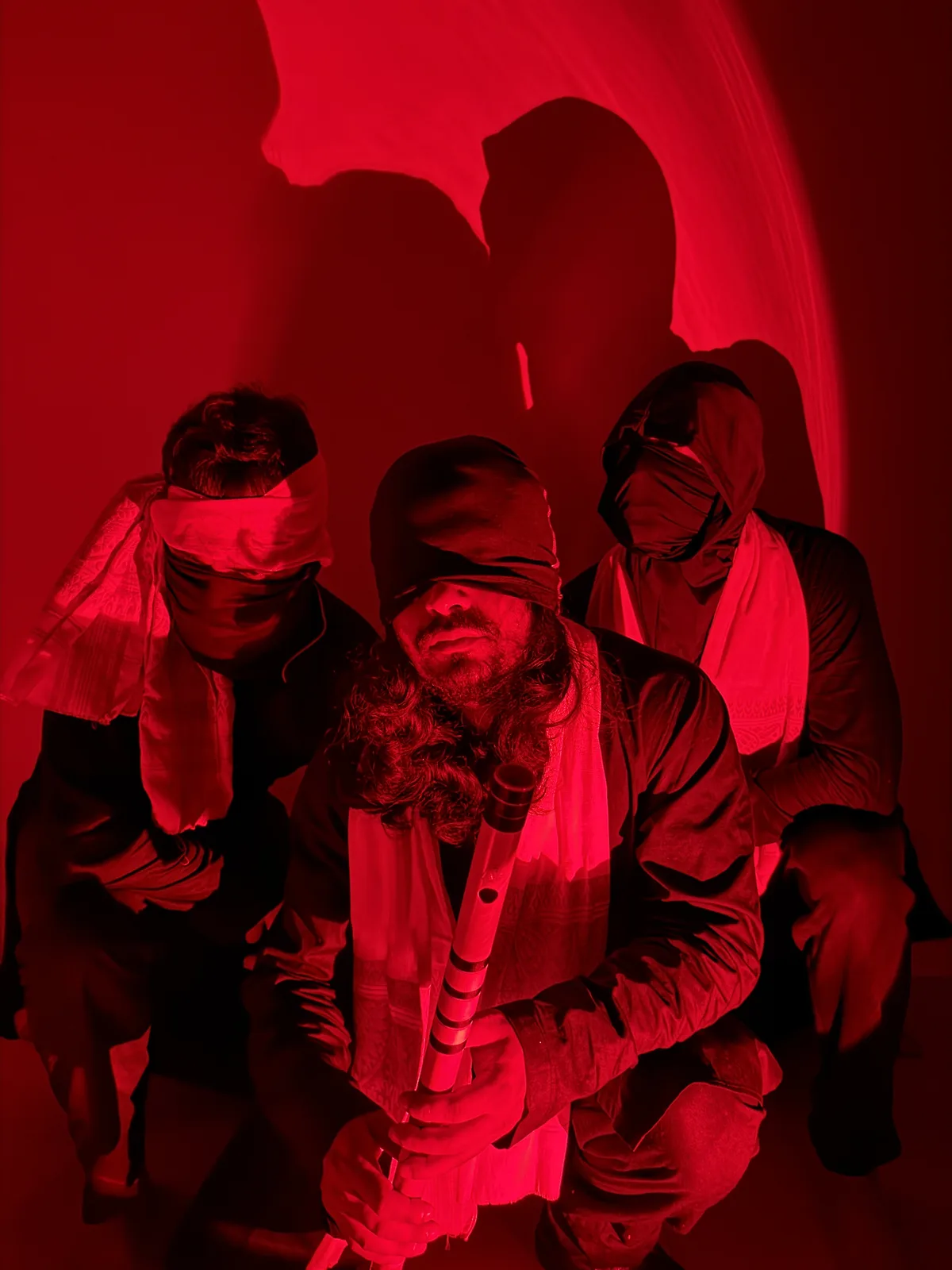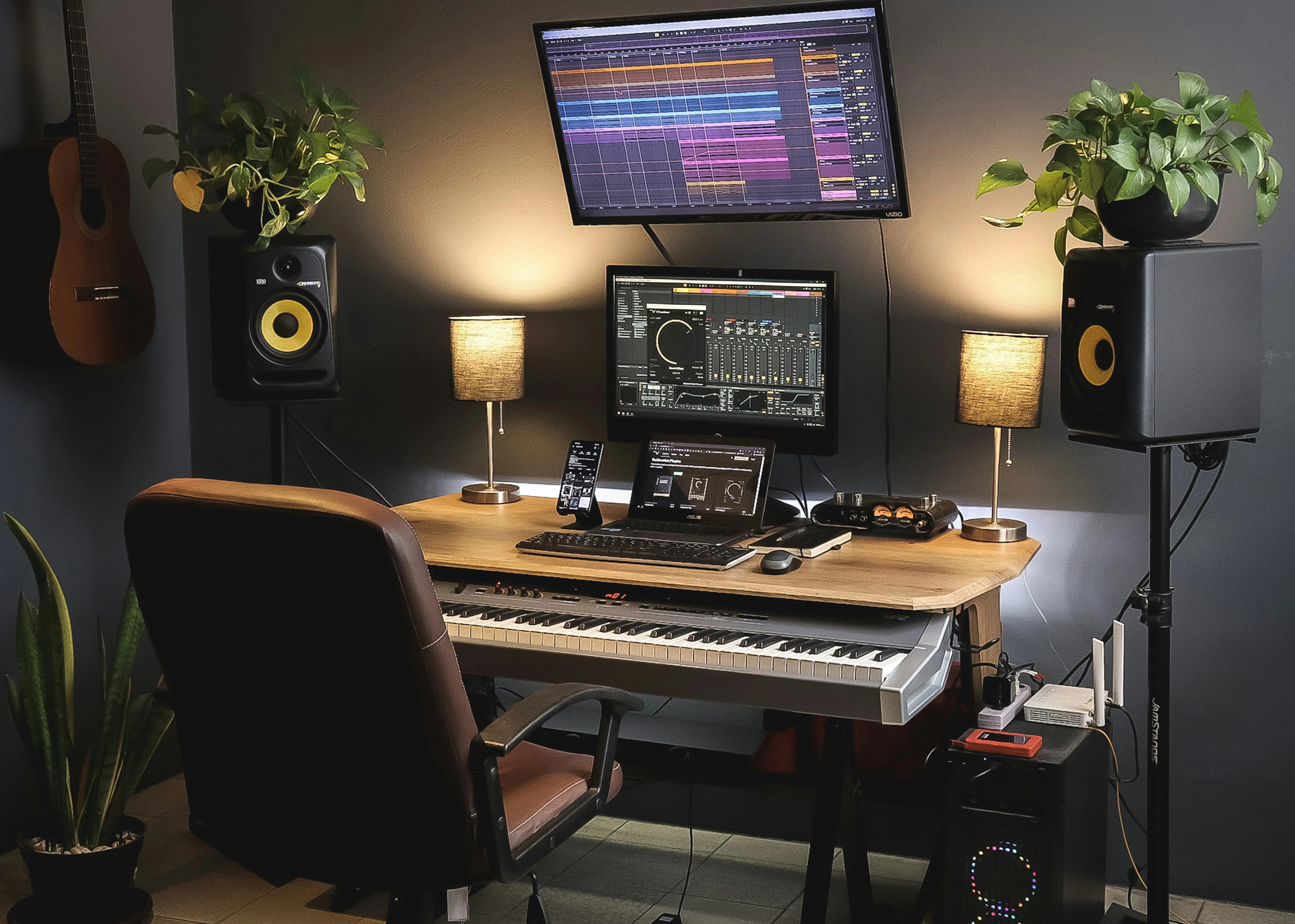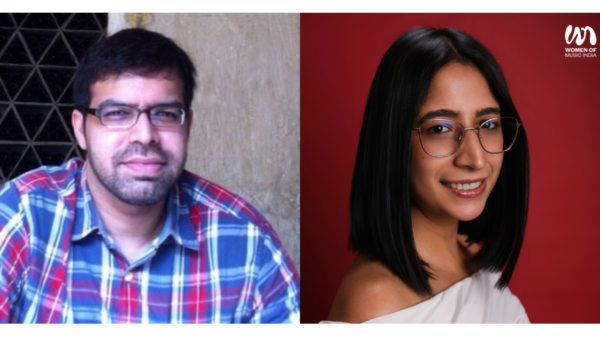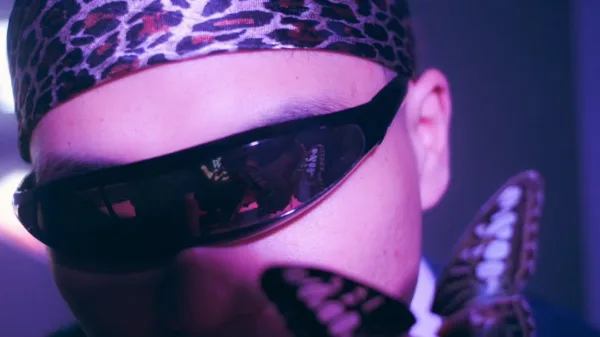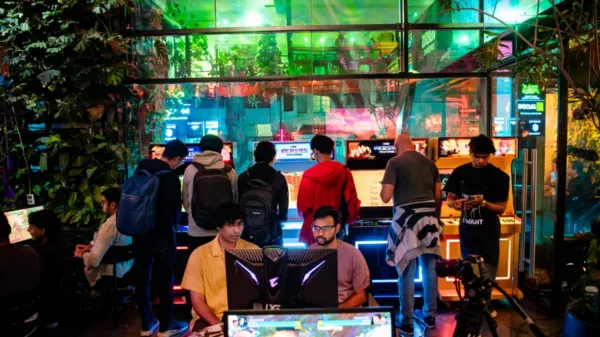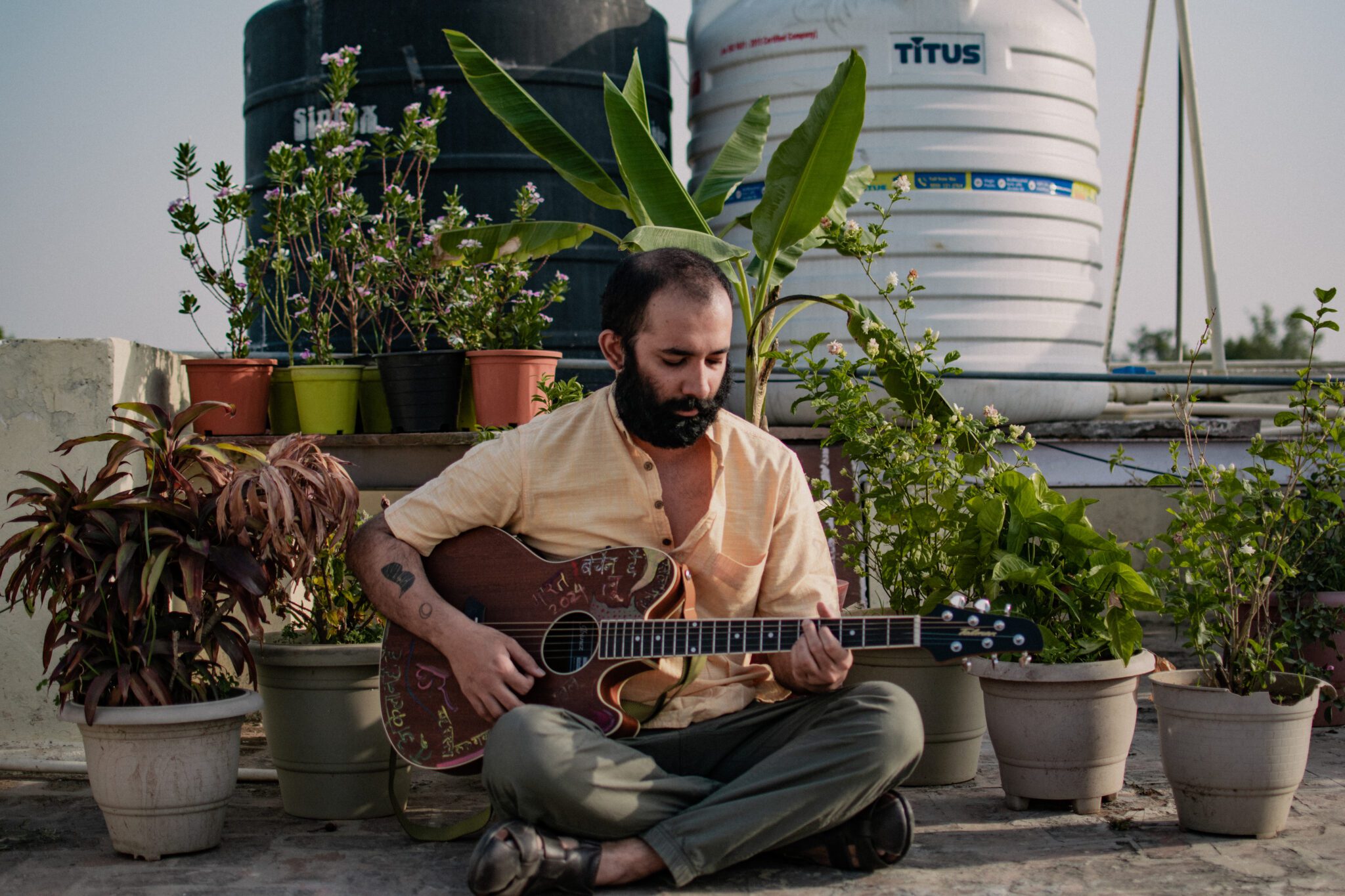“Music is where I leave pieces of myself for others to find.”
For B-Leaf, each track he creates is a story told without needing words. His music carries a weight that’s both personal and universal, speaking to listeners in quiet, unspoken ways.
With his latest project, Dukh Dard Peeda, B-Leaf dives into the depths of human emotion, pulling out raw fragments of joy, sorrow, and everything in between. It’s an album that feels like sitting with a friend late at night, each song peeling back layers and inviting listeners to sit with feelings they might otherwise ignore.
In his nine-track, 42-minute 42-second project Dukh Dard Peeda (DDP), B-Leaf has crafted a soundscape that is meant to be experienced as much as heard. We caught up with him to discuss the journey behind DDP, the influences that shaped its unique sound, and his philosophy as he approaches what he calls his “final project.”
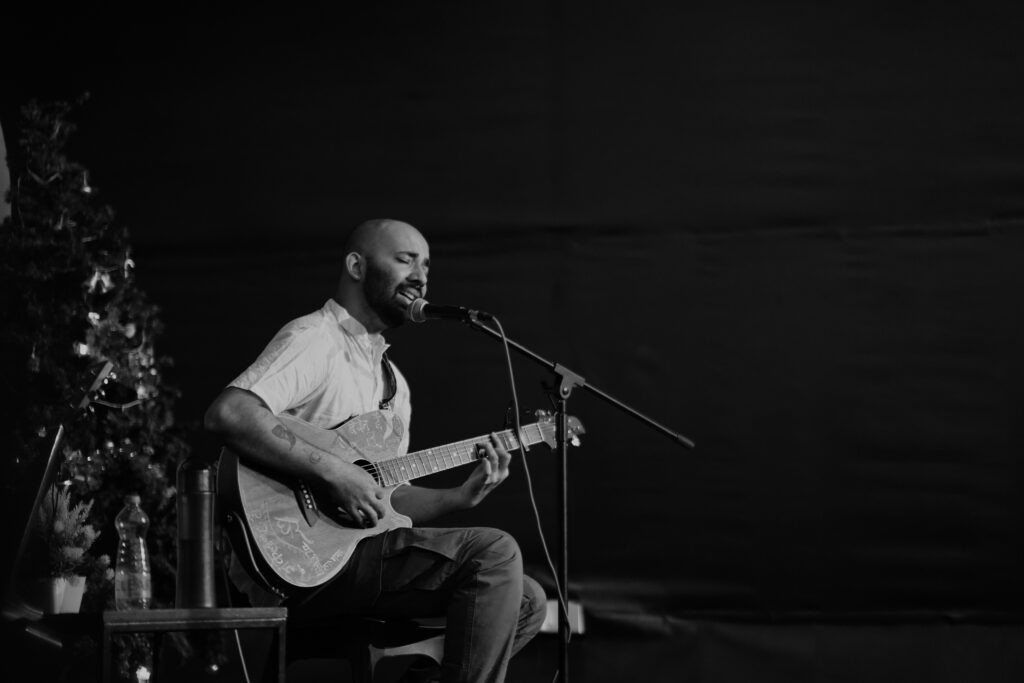
1. Your fans have been engaging with DDP from the start, getting glimpses through your social media. Is there anything about the project that listeners may have overlooked?
It’s really about the fine print. I mean, some listeners picked up on details that surprised even me. For instance, after releasing Prarambh, someone commented “sonder,” capturing that sense of realizing every life around you matters. People are noticing these intricacies, and it’s incredible. This isn’t just a sad story; it’s about everyone’s struggles and how I found my way through mine. Hopefully, that resonates and inspires listeners, but I think hearing the full album will be an experience of its own.
2. Dukh Dard Peeda feels deeply introspective. What are some non-musical influences that shaped you as an artist?
Books, definitely. I keep a copy of The Dictionary of Obscure Sorrows with me. The book creates words for feelings that don’t have names. My music, in a way, is one big obscure sorrow. It’s about evoking feelings that words can’t capture—much like the name I gave myself, “B-Leaf.” It connects me to memories of my grandfather’s banana leaf farm, a feeling I could never quite describe, so “B-Leaf” became the name.
3. Have you ever found it challenging to stay authentic in your music?
Yes, though I’ve found that working on projects like DDP feels natural to me. Early on, while exploring diverse styles, I made music I wasn’t fully connected to, but I don’t regret it. Even with those songs, they were part of my journey. For DDP, I wanted to focus on my own voice and vision. So, I built a band and stepped back from collaborations to make something that felt truly authentic.
4. Can you tell us about forming your band, Pariyojana, and the dynamics among the members?
The band members are my friends first and foremost. I’ve known Darzi for nearly a decade; we have a brotherhood. He was all in from the start, as were the other members—Karigar, Samarth, Prarthana, and Chirag. They all brought so much talent and commitment.Their passion for the project means everything to me.
5. Has your fan engagement through your online community, Kela Anand Mela, influenced the creation of the album?
Absolutely. This community kept me going during the toughest parts of making DDP. When I felt like giving up, sharing those moments and hearing their encouragement pulled me through. It became a symbiotic relationship where they were like my therapists, and I was connecting with them on a deeper level. It wasn’t just an album; it was a shared experience.
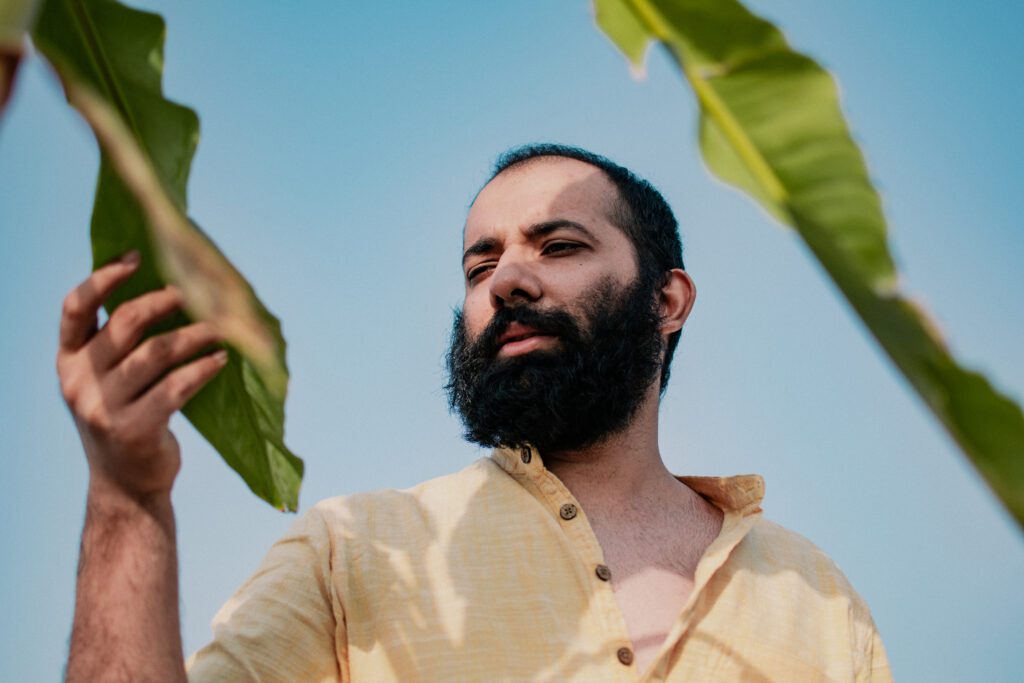
6. Now that you’re living abroad, does that distance from your fans in India impact your approach to the album?
Definitely. Living here, I feel a bit disconnected from the listeners back home. When I’m here, I’m working and focusing on building a life with my girlfriend. But every time I log into Instagram as “B-Leaf,” I’m reminded of this virtual connection I have with my fans. It’s both grounding and surreal, but I’m grateful for the seven months I spent touring and meeting people. I have faces to remember now when I see their messages online.
7. You mentioned DDP might be your last project. How are you feeling about that decision?
I decided over a year ago that this would be my final project. Life had become demanding, and I wanted a project that would leave a lasting impression. It’s my way of saying goodbye, but I know that music will always be a part of me. Maybe one day, when I’m older and feel inspired, I might release something again—but for now, this feels like a good end.
8. How do you handle the duality of being “B-Leaf” and your everyday self?
I call it the “Bruce Wayne Paradox.” When I’m B-Leaf, I’m positive and thoughtful, but in real life, I’m very different. There’s a lot of anger and frustration, especially with how people treat each other. Music allows me to separate those sides. When they collide, like during controversies, it gets hard, but I’ve learned to keep them distinct.
9. What are some standout features of DDP, in terms of sound or instrumentation?
DDP is entirely organic and handcrafted. For example, we used a violin bow on an electric guitar for the final track, Samudri Chidiya, to create a haunting, cinematic climax. It’s like trying to imagine a new color; we aimed to produce sounds that people haven’t heard before. It’s going to be intense.
10. Any final message for your listeners as they prepare to experience Dukh Dard Peeda?
This album is like a movie without visuals—it’s my story from the past eight months, compressed into 42 minutes. I hope people will listen to it front-to-back the first time, just like watching a movie. There are intentional pauses to let listeners reflect, to experience the album’s journey in full. For those who’ve been with me since the beginning, and those who are just discovering me, I hope DDP is something that stays with you.
11. On a personal note, what’s next for you beyond DDP?
I’ll be focusing on my PhD, building a life with my girlfriend, and probably starting a family. Turning 30 next year, I want to experience life outside music. DDP is a great way to end this chapter, but who knows? Maybe I’ll surprise-drop something one day down the road.









